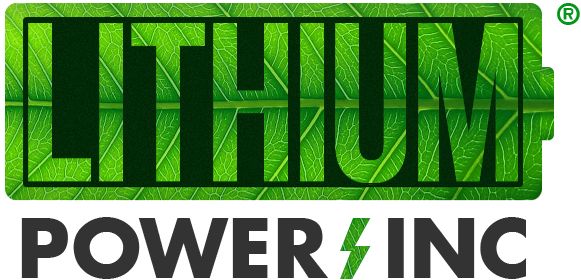
In the rapidly evolving world of battery technology, ensuring safety and performance is paramount. Various certifications exist to validate the quality and safety of batteries across different applications. This guide provides an overview of crucial battery certifications, their significance, and their specific applications.
Key Battery Certifications for Custom secondary Lithium Batteries
UN 38.3: Transportation Safety
UN 38.3 is a mandatory certification for the transport of lithium batteries. It involves a series of tests to ensure batteries can withstand the rigors of transportation without compromising safety.
Key Points:
- Required for air, sea, rail, and road transport of lithium batteries
- Includes tests for altitude simulation, thermal cycling, vibration, shock, and more UN38.3 is essential for any company shipping lithium batteries or products containing them
UL Certifications
Underwriters Laboratories (UL) provides several certifications specific to battery safety:
UL 1642: Lithium Batteries
This standard applies to lithium batteries for use as power sources in products.
Key Points:
- Covers cells and batteries up to 5kWh
- Includes tests for electrical, mechanical, and environmental safety
UL 2054: Household and Commercial Batteries
UL 2054 applies to rechargeable batteries for household and commercial use.
Key Points:
- Covers both cell and pack level certification
- Applicable to various chemistries, including lithium-ion, nickel-cadmium, and nickel-metal hydride
UL 1973: Batteries for Use in Stationary, Vehicle Auxiliary Power, and Light Electric Rail Applications
This certification is crucial for larger battery systems.
Key Points:
- This certification applies to batteries over 5kWh
- Covers stationary applications, auxiliary power for vehicles, and light electric rail uses
UL 2271 and UL 2272: Batteries for Light Electric Vehicles
These standards are specific to batteries used in light electric vehicles.
Key Points:
- UL 2271 is for batteries in light electric vehicles like electric bicycles and scooters.
- UL 2272 is specifically for electrical systems in personal e-mobility devices.
UL 3030: Unmanned Aircraft Systems
This standard applies to batteries used in commercial drones.
Key Points:
- Covers electrical systems and batteries for uncrewed aerial vehicles (UAVs)
- Crucial for companies in the drone industry
IEC Certifications
The International Electrotechnical Commission (IEC) also provides essential battery certifications:
IEC 62133: Secondary Cells and Batteries Containing Alkaline or Other Non-Acid Electrolytes
The IEC 62133 standard covers safety requirements for portable sealed secondary cells and batteries.
Key Points:
- IEC 62133 applies to lithium systems and nickel systems
- Covers batteries for use in portable applications
IEC 62619: Secondary Cells and Batteries Containing Alkaline or Other Non-Acid Electrolytes
This standard is for larger format batteries used in industrial applications.
Key Points:
- IEC 62619 applies to batteries over 25Ah capacity
- Covers stationary applications and various motive applications
UL 1998: Software in Programmable Components
While not specifically a battery certification, UL 1998 is crucial for many modern battery systems incorporating software controls.
Key Points:
- Applies to software in programmable components used in safety-related applications
- Ensures the software meets safety requirements and functions as intended
- UL 1998 is particularly important for intelligent battery management systems (BMS)
CE-EMC (Electromagnetic Compatibility)
Many products sold in the European Economic Area (EEA) require the CE mark, and EMC is a crucial part of CE certification for battery-powered devices.
Key Points:
- Ensures that electronic equipment does not generate electromagnetic disturbances that affect other devices
- Confirms that the device is not affected by electromagnetic disturbances from other sources
- It is crucial for battery-powered devices to function correctly in various environments.
Choosing the Right Certification
When determining which certifications are necessary for your battery products:
- Consider the intended application and market for your battery.
- Review regulatory requirements in your target markets.
- Assess customer expectations and industry standards.
- Consider software components and electromagnetic compatibility requirements.
- Consult with certification bodies or experts to determine the most appropriate certifications.
Lithium Power, Inc. – Custom Lithium Battery Technology
At Lithium Power, Inc. (LPI), we understand the complexities of navigating various certifications to ensure your battery products meet essential safety and regulatory standards. Our expert engineers specialize in custom lithium batteries that fulfill your specific needs while passing critical certifications.
By obtaining these certifications, you ensure compliance with safety standards and demonstrate your commitment to quality and safety to your customers and partners. Remember that certifications like UL 1998 and CE-EMC, though not battery-specific, are vital for battery-powered systems and devices’ overall safety and compliance.
